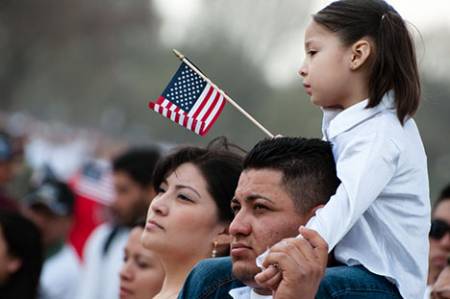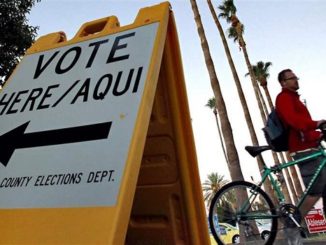
by Alex Nowrasteh
 The policy consequences are more uncertain. Obviously the future of DACA/DAPA depend on how the courts will rule on appeals. If the courts side with the administration in the future, then we’ll be right back where we are now – except maybe without a fight over DHS funding. However, the defunding cheerleaders know that this would happen so they might not be eager to give up the fight so easily (see previous paragraph).
The policy consequences are more uncertain. Obviously the future of DACA/DAPA depend on how the courts will rule on appeals. If the courts side with the administration in the future, then we’ll be right back where we are now – except maybe without a fight over DHS funding. However, the defunding cheerleaders know that this would happen so they might not be eager to give up the fight so easily (see previous paragraph).
The best possible scenario would be if the GOP leadership on Capitol Hill use this opportunity to pass a clean DHS funding bill, leave the fate of the President’s actions up to the courts, and begin to seriously debate and introduce the liberalizing portions of immigration reform. Senators Hatch, Flake, and others already gave them a head start with the I-Squared bill that would liberalize the immigration of highly skilled workers. Combined with a lower-skilled guest worker visa program, the DREAM Act, and a repeal of the 3/10 year bars, immigration reform’s most important pieces would become law.
Vitally, many conservatives on the Hill have endorsed all of these portions of reform. More importantly, these reforms would improve the immigration system, shrink illegal immigration currently and in the future, and provide human capital that will help grow the economy. It’s a long shot, but a continuing court-dominated procedural and constitutional debate over DACA/DAPA could result in the passage of some of these portions of immigration reform.



